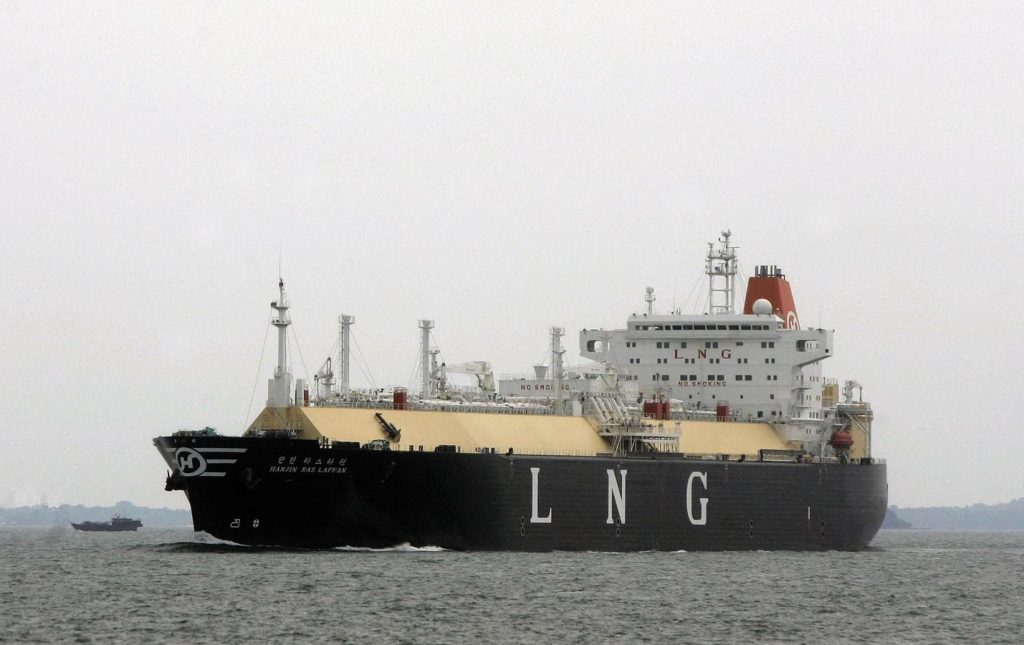The prices of liquefied natural gas (LNG) are currently experiencing a significant downturn, with spot prices in Asia falling to between $8 and $9.25 per million British thermal units (mmBtu) compared to an average of $19 per mmBtu in the same month in 2023. This represents a sharp decline from record prices of $70 per mmBtu seen back in 2022. Surplus inventory levels in Asia and Europe have also contributed to the recent drop in spot prices.
Despite the current pricing dynamic, major energy players are aggressively expanding their LNG capacities and businesses. At the recent global conference CERAWeek by S&P Global, Shell CEO Wael Sawan emphasized that the dip in prices is merely temporary and is fueling increased demand for LNG. Shell, ExxonMobil, and Saudi Aramco have all announced plans to expand their LNG portfolios and invest in new projects, anticipating a well-supplied market in the second half of the decade.
The increase in LNG exports to emerging markets is seen as a way to reduce their reliance on coal and fuel oil, which are considered dirtier fossil fuels. This shift is supported by forecasts that show the global LNG market is expected to grow by more than 50% by 2040, driven by industrial coal-to-gas switching in China and increased LNG usage in South and Southeast Asia. U.S. energy companies have criticized President Joe Biden’s recent pause on permits for new export terminals, arguing that LNG exports play a crucial role in the transition to cleaner energy sources.
At CERAWeek, industry leaders emphasized that natural gas and LNG are not just transition fuels but will continue to be essential for meeting global energy demands in the years to come. Chevron’s President of International Exploration and Production, Clay Neff, highlighted the importance of developing energy solutions that balance economic development, energy security, and environmental protection. The industry sees natural gas as a destination fuel that will play a fundamental role in the future energy landscape.
While current market conditions may be challenging, the industry remains optimistic about the long-term potential of LNG. Companies like Shell, ExxonMobil, and Saudi Aramco are doubling down on their investments in LNG projects, despite the recent price slump. The consensus among industry experts at CERAWeek is that natural gas will be a key component of the global energy mix for decades to come, highlighting the need for continued investment and innovation in the sector.















